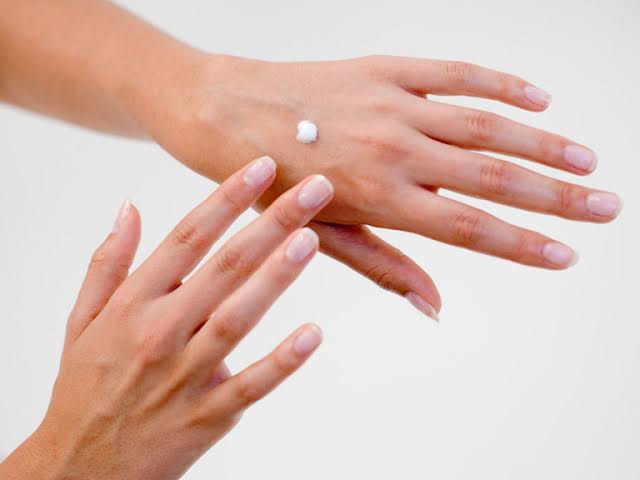Our hands have never been this clean or this dry. Since the new coronavirus broke out, we have been disinfecting our hands incessantly. Albeit one of the best ways to get rid of germs, washing with soap and water strips the skin of its natural and protective oils. The repeated practice can lead to dryness, chapping, and development of cracks, increasing the risk of picking up microbes and viruses. The solution, however, is not to wash less. Pandemic or not, this habit is non-negotiable. According to Centers for Disease Control and Prevention, aside from COVID-19, handwashing prevents about 20 per cent of respiratory infections, 30 per cent of diarrhea-related illnesses, as well as the development of antibiotic resistance.
Here’s how you can continue fighting off harmful bacteria and viruses without drying your skin: AVOID HOT WATER To effectively rinse off germs and thwart its spread, CDC advised gently scrubbing the palms, backs of the hands, between the fingers, and under the nails with soap for at least 20 seconds, according to ABS-CBN website.
Skin and product analyzer Picky, however, warned individuals to steer clear of hot water and lather with lukewarm water instead to avoid further “water loss and dryness.” “Take it easy with the water temperature… Antibacterial hand soap is already drying for the skin, but adding hot water to the mix and your hands are bound to feel a bit cracked and dry,” it explained.
MOISTURIZE
Before you finish patting your hands dry, slather a generous amount moisturizer first. According to Picky, applying a layer of cream or lotion on slightly damp hands can help lock in moisture. “This is absolutely crucial. Make sure to apply a hand cream regularly, especially after you wash your hands,” the skincare app said. Meanwhile, the American Academy of Dermatology reported hydrated and moist skin “can better protect you from germs.” To further boost our first line of defense, the product analyzer suggested looking for formulas that contain emollients and occlusive ingredients such as hyaluronic acid, glycerin, shea butter, and other natural plant oils. In lieu of hand creams or lotions, you may also upcycle hydrating skincare products.“Do you have facial creams that didn’t work for your face? Well, don’t just let it sit on your shelf. Turn it into a hand cream, transfer the cream to a more portable container and carry it wherever you go. Apply when your hands are feeling dry and uncomfortable,” it said.
The skincare app warned, however, not re-use products that previously caused irritations. If you have sensitive skin, Picky also advised sticking to hypoallergenic and fragrance-free options.
EXFOLIATE
Exfoliating is necessary for all parts of the body not just the face. The practice removes dead skin cells on the skin’s surface, allowing products to penetrate deeper. “Gently rub your hands with physical scrubs once or twice a week to remove the “dry, rough, and patchy” skin and help reveal the softer, and healthier layer beneath,” Picky instructed.Not only does this practice brighten and improve the skin’s appearance, it also increases blood circulation and cell turnover. Do not exfoliate more than twice a week as it can lead to hypersensitivity and irritation. Be careful not scrub too hard or use abrasive products either because it can damage the dermis as well.
PROTECT YOUR HANDS
Prevention is and will always be better than scrambling for a cure. Similar to our face (especially the eye area), our hands age fast. Our hands’ dermis is susceptible to sun damage and other harmful elements such as harsh cleaning products, pollutants, abrasive chemicals, arduous labor etc. To minimise the blow to our skin, Picky urges individuals to use gloves. “Whether that means when you’re washing the dishes, a car or anything that could possible make your hands dry,” it said. Our hands have been through a lot. Thus, remember it is imperative to give them the same care and attention as your face.






Discussion about this post